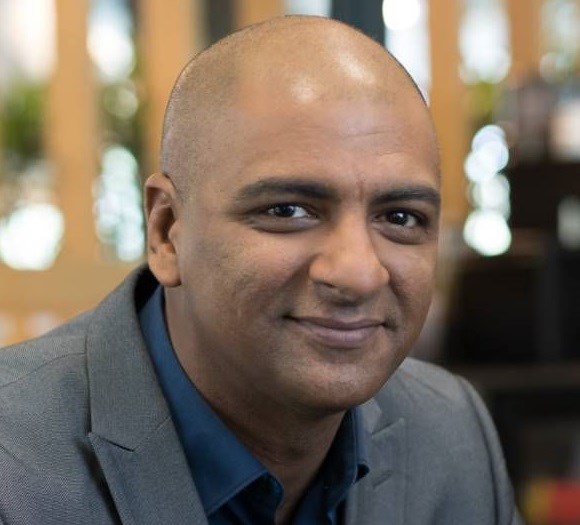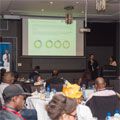The success of the South African economy lies in the hands of the entrepreneurs, the small businesses and the enterprises that support them.
The small to medium enterprise (SME) is the lifeblood of the economy. In Brazil, more than 16 million small to micro-enterprises make up around 20% of the country’s gross domestic product (GDP). In India, 26 million SMEs make up around 8% of the country’s GDP. And in Germany, the small to mid-sized business is not just the foundation of the country’s economic success, but the benchmark for global success stories.

Chetan Goshalia, chief sales and marketing officer at SqwidNet
South Africa has, according to the report ‘Small Businesses in India, Brazil and South Africa: Basic Characteristics’, far less red tape than Brazil and yet that country manages to produce SMEs at double the rate. This is a concern as the SME is critical to strengthening the foundations of the beleaguered economy.
Addressing this challenging landscape requires that South African organisations work together to ignite both entrepreneurial spirit and local SME growth. There is significantly less support for the South African SME from both the private and public sectors. This hinders growth and development for the SME, adding strain and introducing unnecessary stumbling blocks. To transform the SME landscape, both sectors need to work together to create opportunity and mitigate challenges to the benefit of all.
Fortunately, there is an increasing number of South African enterprises that have recognised this need and are working together to create a more fertile operational landscape for the SME.
In 2018, T-Systems combined their Enterprise Supplier Development with SqwidNet’s IoT Entrepreneurship Programme to start a joint supplier development programme tailored to ignite Internet of Things (IoT) and Software-as-a-Service (SaaS) solutions among SMEs. Existing SMEs in the Information, Communication and Technology (ICT) space can apply to join the programme with the goal of receiving the support and guidance they need to scale their businesses and enter into new markets. The response from the market was instantaneous - 40 SMEs and 20 entrepreneurs were accepted into the inaugural programme.
It gives them the opportunity to expand on ideas and markets in ways that they did not have readily have access to before. SME’s and entrepreneurs can use the IoT hardware and sensors, IT platforms and business consulting tools provided, to build new revenue streams and develop innovative new products. As an added advantage, they are also given the chance to become a part of the T-Systems supply chain, which assures ongoing revenue and growth beyond the programme.
In addition to tools and technology that support the development of innovative approaches and new revenue models, the programme is carried by the weight of the two market-leading organisations. SqwidNet brings its extensive experience, reputation and capabilities within the IoT arena to the fore, providing mentorship and guidance to those SME’s selected for the programme. T-Systems, a global IT services and consulting company, brings its in-depth understanding of ICT along with its commitment to digital transformation and technology innovation. Together, both companies ensure that SMEs benefit from their solid understanding of market and trend and provide an opportunity for these entrepreneurs to thrive.
Ignite innovation
IoT and SaaS are particularly relevant to the South African market as both branches of technology allow for businesses and the economy to rapidly scale and ignite innovation to overcome technology challenges and costs.
The programme has already had significant success. At SqwidNet’s inaugural event in 2018, the entrepreneurship programme (named IoTEP) saw nine new entrepreneurs present their ideas to a panel of investors. This programme will retain this concept and, at the end of the eight months, will give these 60 innovators an opportunity to pitch their business to potential investors.
Ultimately, to truly enable the South African economy, every industry has to actively engage with the SME and entrepreneur to ensure long-term growth and success. SMEs are crucial to driving the economy and initiating the kind of change that South Africa needs to dominate the global stage and the African continent.































